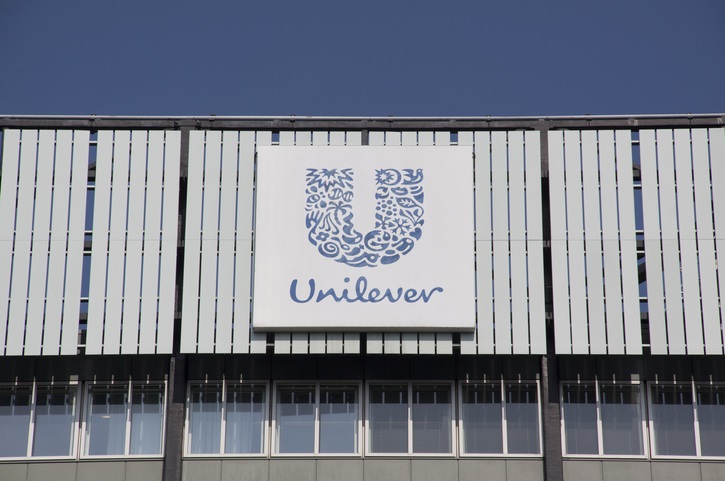Reliable Unilever keeps paying the dividend
Ice cream sales may be down, but this defensive share has ‘enduring appeal’, writes our head of markets.
23rd April 2020 10:03
by Richard Hunter from interactive investor
Ice cream sales may be down, but this defensive share has ‘enduring appeal’, writes our head of markets.

Unilever (LSE:ULVR) rarely shoots the light out, but in the current environment any stability, let alone growth, is reassuring.
Broad and consistent growth has been a feature of Unilever’s development in recent times, but not always at the pace which some investors would like.
It is therefore sometimes overlooked as an investment opportunity, even though it has all the hallmarks of a core portfolio constituent. In times such as these, some of its products come into their own and the stock’s defensive qualities shine through.
Indeed, some of the company’s core brands are in extra demand, from hand hygiene through to bleach and surface cleaners. At the same time, its Developed Markets business has shown underlying sales growth of 2.8% in the quarter, with the important US market holding up particularly well.
Sliced into product lines, the performance is also generally positive, with underlying sales growth of 0.3% in Beauty and Personal care (which represents 43% of turnover) and 2.4% in Home Care (22% of turnover).
- The Ian Cowie portfolio: how I would access this technology boom
- Dividend poll: find out where investors are turning for income
- A checklist for finding dividend shares in a crisis
- Take control of your retirement planning with our award-winning, low-cost Self-Invested Personal Pension (SIPP)
From an investment perspective, the fact that the dividend has been maintained is reflective of the company’s financial strength – despite the current economic challenges – with a well-covered yield of 3.3% providing some solace for income-starved investors, as many other companies defer dividends in a dash for cash conservation.
There are some pockets where the picture is less bright, and these issues may have taken more prominence today with investors looking for solid returns.
Underlying sales growth in Emerging Markets, for example, declined by 1.8% in an area which should nonetheless provide Unilever with some strong longer-term opportunities. By product line, Foods and Refreshment dipped 1.7%, which is meaningful given that the division contributes 35% of turnover.
One area of weakness identified by the company was the sale of ice cream, normally consumed outside the home, which not only saw a sharp reduction in tourist sales following the lockdowns, but also a reticence from trade buyers unwilling to take a view as to when the restrictions could at least be partially lifted.
Meanwhile, the usual threats remain, with competition being fierce in the sector and with the rise of the discount retailers (many of which tend to promote own-brand labels) becoming a feature for an increasingly cash-strapped consumer.
Defensive shares are not bombproof, but in bear markets they typically decline rather less than the broader market given their enduring appeal.

Source: TradingView Past performance is not a guide to future performance
True to form, Unilever’s share price has limited its loss over the last three months to just 3%, and over the last year has declined 6%, as compared to a 23% decline for the wider FTSE 100 index.
While the initial share price reaction to the numbers has not reflected the company’s particular potential in these extraordinary times, for investors the appeal is more obvious, with the market consensus of the shares as a “buy” likely to remain intact.
Full performance can be found on the company or index summary page on the interactive investor website. Simply click on the company's or index name highlighted in the article.
These articles are provided for information purposes only. Occasionally, an opinion about whether to buy or sell a specific investment may be provided by third parties. The content is not intended to be a personal recommendation to buy or sell any financial instrument or product, or to adopt any investment strategy as it is not provided based on an assessment of your investing knowledge and experience, your financial situation or your investment objectives. The value of your investments, and the income derived from them, may go down as well as up. You may not get back all the money that you invest. The investments referred to in this article may not be suitable for all investors, and if in doubt, an investor should seek advice from a qualified investment adviser.
Full performance can be found on the company or index summary page on the interactive investor website. Simply click on the company's or index name highlighted in the article.